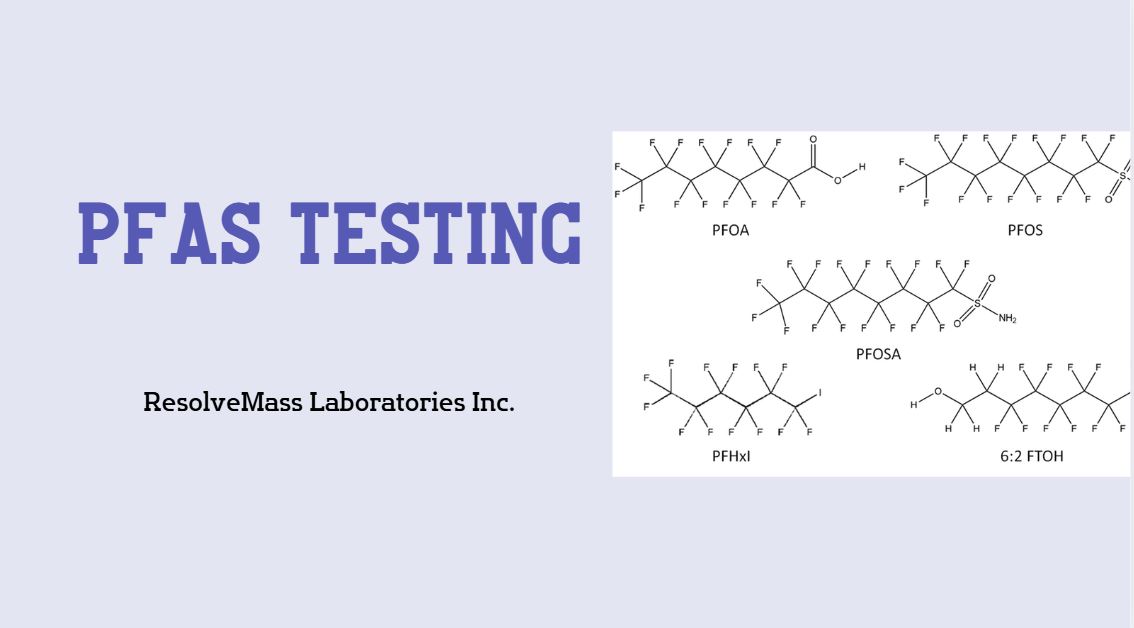Personalized medicine, also known as precision medicine, is an emerging approach in healthcare that tailors treatment strategies to individual patients based on their unique characteristics, including genetic, environmental, and lifestyle factors. One of the most promising advancements in this field is antibody sequencing, a technique that enables the detailed analysis of antibodies present in an individual’s immune system. This blog will explore how antibody sequencing is transforming personalized medicine, its applications, benefits, and future directions.
Understanding Antibody Sequencing
Antibody sequencing involves determining the nucleotide or amino acid sequence of antibodies produced by the immune system. This process can reveal vital information about the immune repertoire, including the specificity and diversity of antibodies, which play critical roles in immune response and disease defense. The advancements in next-generation sequencing (NGS) technologies have significantly enhanced the efficiency and accuracy of antibody sequencing, enabling researchers and clinicians to analyze vast amounts of data quickly and effectively.
The Role of Antibody Sequencing in Personalized Medicine
1. Identification of Disease-Specific Biomarkers
Antibody sequencing can help identify specific autoantibodies or disease-associated antibodies that serve as biomarkers for various conditions. By profiling an individual’s antibody repertoire, clinicians can gain insights into the presence and severity of diseases, paving the way for early diagnosis and tailored treatment strategies.
- Autoimmune Diseases: In conditions like rheumatoid arthritis and lupus, specific autoantibodies are often present in patients. Identifying these biomarkers through antibody sequencing allows for more accurate diagnoses and helps in monitoring disease progression and treatment responseCancer**: Tumor-associated antibodies can serve as biomarkers for cancer diagnosis and prognosis. By sequencing these antibodies, oncologists can develop targeted therapies based on the specific antibodies present in a patient’s tumor microenvironment .
2. Vaccine Development
Antibody sequencing plays a crucial role in the development of personalized vaccines by identifying the most effective immunogenic targets. Understanding the antibody response to specific pathogens enables researchers to design vaccines that are better tailored to individual immune profiles.
- Cancer Vaccines: Personalized cancer vaccines can be developed by sequencing the antibodies produced in response to tumor antigens. This approach allows for the creation of vaccines that specifically target the unique antigenic landscape of an individual’s tumor, potentially improving therapeutic outcomes .
- Infectiousaccines: By analyzing the antibody response to infectious agents, researchers can identify the most immunogenic epitopes to include in vaccines, enhancing their efficacy and safety .
3. Targeted Therapidy sequencing enables the development of targeted therapies that are designed based on the specific antibodies present in a patient’s immune repertoire. This personalized approach ensures that treatments are more effective and have fewer side effects compared to traditional one-size-fits-all therapies.
- Monoclonal Antibodies: Personalized medicine can leverage antibody sequencing to produce monoclonal antibodies that target specific antigens associated with a patient’s condition. This targeted approach can enhance treatment efficacy while minimizing off-target effects .
- Biologics and Biosimilars
information can guide the development of biologic therapies and biosimilars that are tailored to individual patient profiles, improving treatment outcomes in conditions such as autoimmune diseases and cancers .
4. Monitoring Treatment Responses
Anuencing can be used to monitor how well a patient responds to treatment. By analyzing changes in the antibody repertoire over time, clinicians can assess the effectiveness of therapies and make informed decisions about treatment adjustments.
- Adaptive Immune Monitoring: Regular sequencing of antibodies allows for adaptive immune monitoring, helping clinicians to determine whether a patient’s immune system is responding appropriately to treatment and whether any adjustments are necessary .
- Biomarker Tracking: Tracking specific biomargh antibody sequencing can provide insights into disease activity and therapeutic efficacy, aiding in the timely adjustment of treatment plans .
5. Understanding Resistance Mechanisms
Antibody sequenhed light on the mechanisms of resistance that patients may develop towards certain therapies. By identifying mutations or changes in antibody specificity, researchers can gain insights into how tumors or autoimmune conditions evade treatment.
- Oncogenic Mutations: In cancer patients, understanding how tumors adapt to immune therapies can inform the development of next-generation treatments that overcome resistance mechanisms .
- Autoimmune Evasion: Similarly, in autoimmune diseases, sequenclp identify how the immune system adapts to therapies, guiding the design of more effective treatment regimens .
Challenges and Future Directions
Despite its immense potential, the integntibody sequencing into personalized medicine faces several challenges:
- Data Complexity: The vast amount of data generated by antibody sequencing requires advanced computational tools for analysis and interpretation, posing a barrier to its widespread implementation.
- Standardization: There is a need for standardized protocols and guidelines for antibody sequencing to ensure reproducibility and comparability of results across different laboratories and studies.
- Ethical Considerations: As personalized medicine continues to evolve, ethical considerations regarding patient data privacy and the implications of genetic information must be addressed.
Future research should focus on integrating antibody sequencing with other omics technologies to provide a more comprehensive view of the patient’s health. Additionally, advancements in bioinformatics tools will be crucial for interpreting complex antibody data and translating it into actionable insights for personalized treatment strategies.
Conclusion
Antibody sequencing is poised to revolutionize personalized medicine by enabling more accurate diagnoses, enhancing vaccine development, facilitating targeted therapies, and improving treatment monitoring. As technology continues to advance, the impact of antibody sequencing on personalized medicine will likely expand, leading to improved patient outcomes and more effective therapeutic approaches. At ResolveMass Laboratories Inc., we are committed to harnessing the power of antibody sequencing to advance research and development in personalized medicine.
Contact us today to learn how our antibody sequencing services can support your journey toward precision healthcare.

